Asian American leaders push for Prop 50, say democracy at stake
Community leaders say the measure safeguards fair representation amid political interference claims.
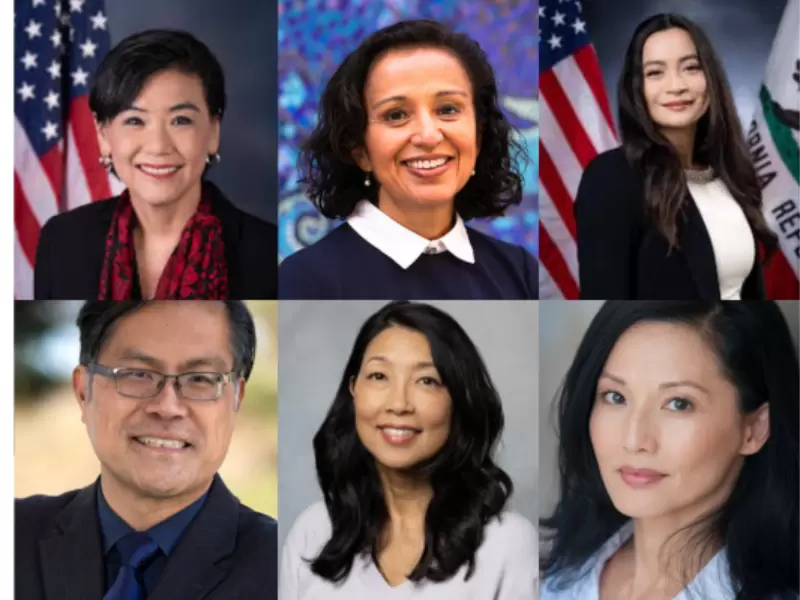 (Top L-R) Judy Chu, Manjusha Kulkarni, Jessica Caloza (Bottom L-R) Mike Fong, Cynthia Choi, Tamlyn Tomita / (Top L-R) Wikipedia/ USCIS/ Wikipedia (Botton L-R) Wikipedia/ Stop AAPI Hate, CAPA21
(Top L-R) Judy Chu, Manjusha Kulkarni, Jessica Caloza (Bottom L-R) Mike Fong, Cynthia Choi, Tamlyn Tomita / (Top L-R) Wikipedia/ USCIS/ Wikipedia (Botton L-R) Wikipedia/ Stop AAPI Hate, CAPA21
Asian American civic and elected leaders on Oct. 6 urged Californians to vote Yes on Proposition 50, a ballot measure they say is essential to defending democracy and ensuring fair representation.
Proposition 50, also known as the Election Rigging Response Act, would temporarily replace California’s current congressional district lines—drawn by an independent citizens commission—with maps created by the state legislature through the 2030 elections.
Supporters say it’s a necessary response to partisan redistricting efforts in Texas that they allege were influenced by President Donald Trump to expand Republican control in Congress.
At a rally organized by the AAPI Equity Alliance and Chinese for Affirmative Action, community leaders warned that political interference in the electoral process threatens to weaken democratic norms nationwide.
Manjusha Kulkarni, co-founder of Stop AAPI Hate and executive director of AAPI Equity Alliance, said Prop 50 would act as a check on attempts to manipulate elections. “No one should be able to unilaterally change the outcome of a national election more than a year before voting even begins,” she said. “Proposition 50 offers a check against that. Passing it will put the brakes on our descent toward authoritarianism and help secure America’s democracy.”
Also Read: CAPAC, Georgia Democrats condemn Immigration raid at Hyundai plant
U.S. Representative Judy Chu called the measure a defense of equal representation for communities of color. “Trump knows he needs a Republican Congress to keep his grip on power, which is why he’s colluding with states like Texas to gerrymander more seats,” she said. “California must fight back. That’s why I support Proposition 50 — to guarantee fair redistricting that keeps our communities together and strengthens Asian American voices.”
Assemblymember Jessica Caloza said Asian American and Pacific Islander communities must turn out to vote. “Our communities are hurting — healthcare centers are being defunded, free speech is under attack, and families are being torn apart,” she said. “We cannot remain silent. Our AAPI communities are critical to ensuring we fight and vote YES on Prop 50.”
Assemblymember Mike Fong added that the measure is about ensuring every Californian has a voice. “From Trump’s tariffs that hurt small businesses to Texas’ redistricting schemes that silence voters, Prop 50 is our chance to fight back,” he said.
Cynthia Choi, co-founder of Stop AAPI Hate and executive director of Chinese for Affirmative Action, tied the push for Prop 50 to California’s broader struggle for fairness. “After the devastating fires in Los Angeles, Trump blocked disaster relief and left our community without the resources we needed to rebuild,” she said. “Prop 50 is how we fight back — it’s about protecting our democracy and ensuring fairness for all.”
Tamlyn Tomita, actress and chair of CAPA21, said the initiative symbolizes California’s commitment to inclusion. “Trump and his friends in Texas are trying to silence us and rig our democracy,” she said. “For AAPI communities — and for every community that’s been told their voice doesn’t matter — Prop 50 is our chance to say we will not be erased.”
The measure has gained endorsements from the California Democratic Party, Equality California, and local governments such as the San Mateo County Board of Supervisors, which recently passed a resolution in its favor.
Opponents, however, have criticized Prop 50 as a partisan gerrymander that undermines the state’s independent redistricting commission.
According to an Emerson College poll, 51 percent of likely voters support Proposition 50, 34 percent oppose it, and 15 percent remain undecided. Californians will vote on the measure in a special election on Nov. 4.




 Staff Reporter
Staff Reporter
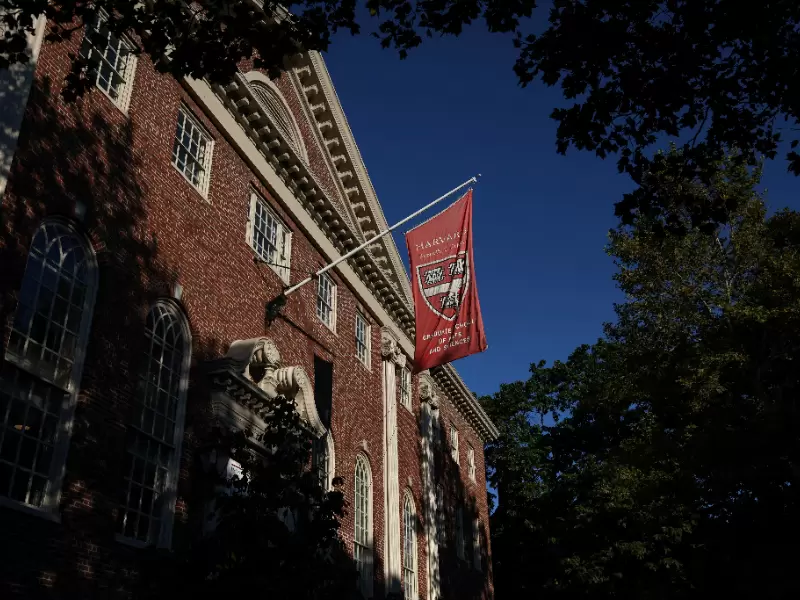
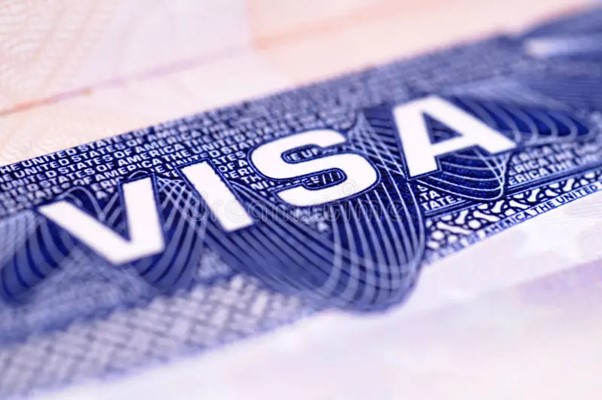
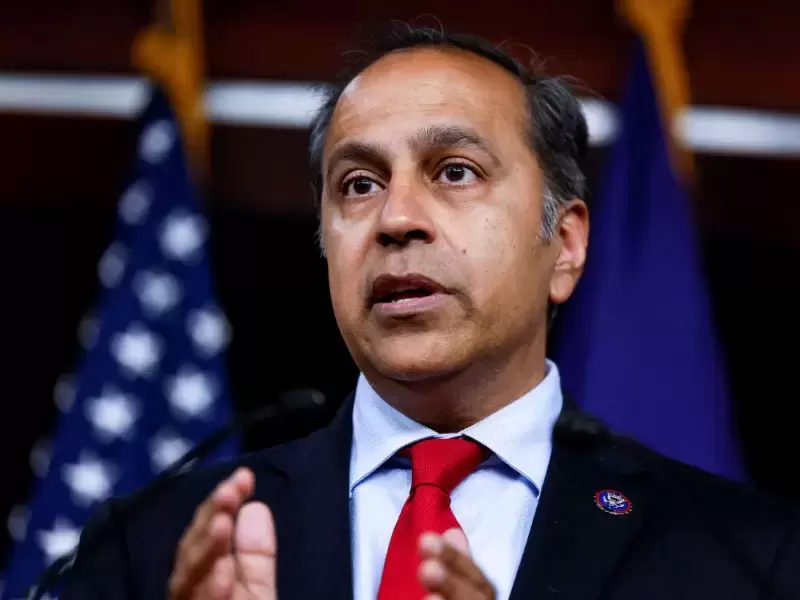
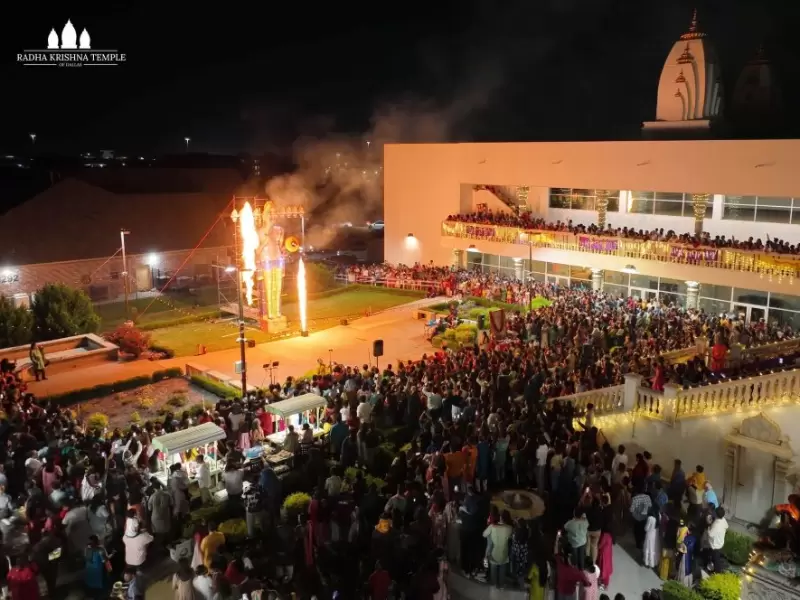

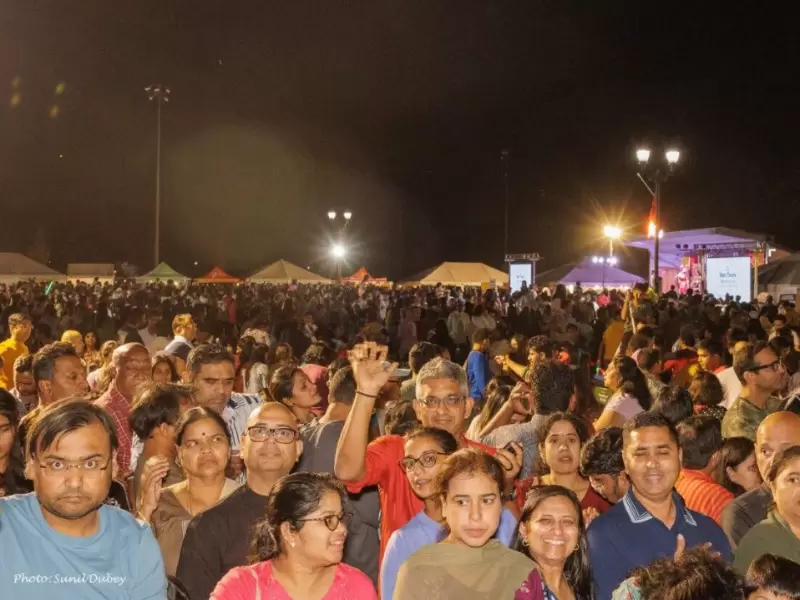


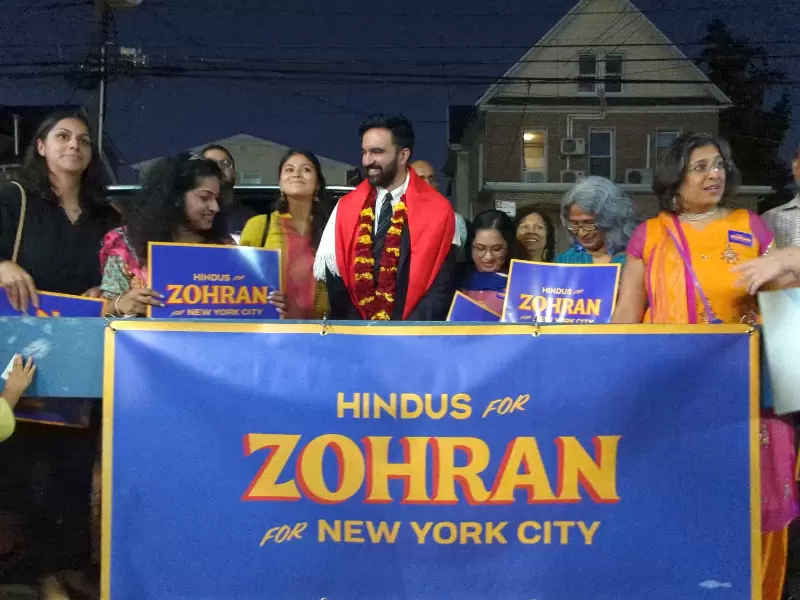





Comments
Start the conversation
Become a member of New India Abroad to start commenting.
Sign Up Now
Already have an account? Login